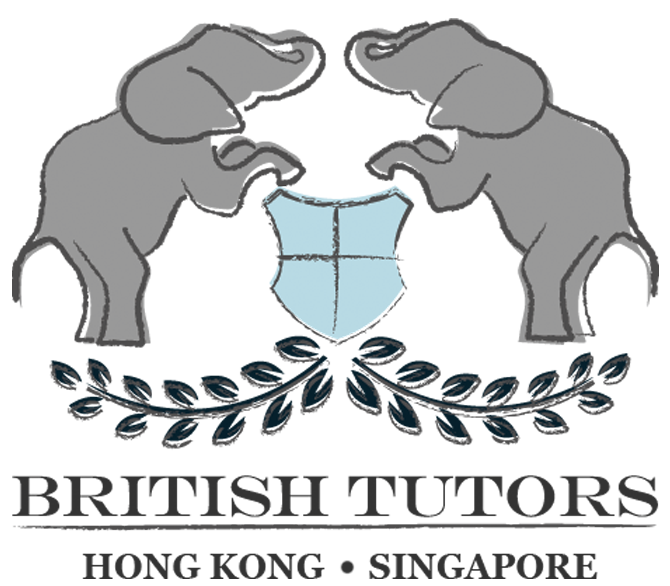A Beginner’s Guide to UCAS
From an outside perspective, the British system for applying to university, UCAS, can appear a little confusing - so let us demystify the process a little…
For us, the easiest way to imagine UCAS is as a timetable that charts your progress towards being accepted into your university of choice. It looks a little like this:
MARCH - SEPTEMBER OF YEAR 12: RESEARCH TIME
This is the ideal time to browse university prospectuses, sign up for open days (both in-person and virtual) and explore the myriad of courses that are available. If you already have a course or university in mind, this part of the process will be a little simpler, but many people (myself included!) went into the process without having fully decided what or where they wanted to study.
OCTOBER - JANUARY OF YEAR 13: APPLY
It is now up to you to choose the five universities that you will apply to. Most courses have a January 15th deadline, so it is important not to miss this.
Every student writes a 4,000 character personal statement that will be sent to each of their choices. A well-written personal statement will show your passion for the subject and course, demonstrate the ways you have explored the subject and your interests beyond the curriculum and show your personality. The word limit is quite tight, so word choice and editing are essential!
There are several important exceptions to the January deadline above: dentistry, medicine, veterinary courses, and all courses at Oxford and Cambridge observe an October 15th deadline. These courses typically also require additional steps as part of the application process, such as interviews, submissions of written work and subject-specific aptitude tests.
You may only apply to one of Oxford and Cambridge in the same year.
MARCH - MAY OF YEAR 13: DECIDE!
This is the time when universities will consider your application and send out offers. Most offers will be marked as ‘conditional’ - in other words, you will be accepted if your results meet the criteria set by the university.
When all of your five choices have made their decisions, it is time for you to make yours, choosing one firm and one insurance choice.
SUMMER OF YEAR 13: THE FINISH!
For most people, the UCAS process fades into the back of their mind between May and July as they focus on their final examinations. Once the results of these are released in August, if you have met the offer of your firm choice, you have nothing else to do. If, for whatever reason, you have have not, there are other options that are open to you which you can discuss with your family, your school and British Tutors.
By Nathaniel Hunt 2022

